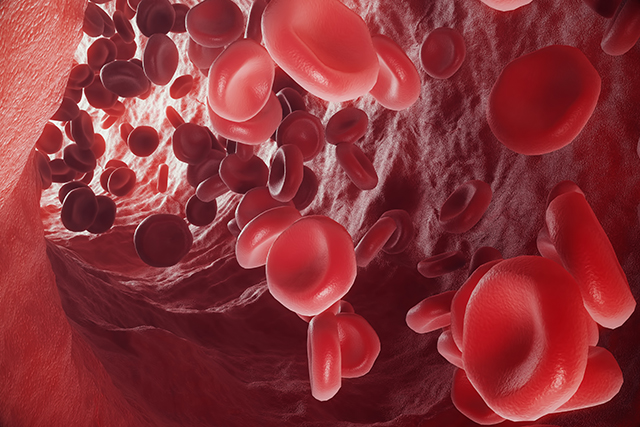Eggs are brain food: Study shows eggs improve infant brain development
01/08/2018 / By Ralph Flores

It turns out, eggs aren’t just good for you, it can also be good for babies too, according to researchers from the Brown School at Washington University in St. Louis. In the study, they discovered that introducing eggs to newborn children starting at six months resulted in higher blood centralizations of choline and docosahexaenoic acid (DHA), as well as other biomarkers in choline pathways.
The study, Eggs Early in Complementary Feeding Increase Choline Pathway Biomarkers and DHA: A Randomized Controlled Trial in Ecuador, was published in the American Journal of Clinical Nutrition.
Lead author Lora Iannotti of Brown School explained: “Eggs have been consumed throughout human history, but the full potential of this nutritionally complete food has yet to be recognized in many resource-poor settings around the world.”
Choline is a known essential nutrient. It functions in a variety of roles, ranging from cell structure to learning, and has been shown to help fend off liver disease, atherosclerosis, and potential neurological disorders. However, most people do not even meet the required intake of choline, despite its importance in the human body. Egg yolks are known to be the primary source of choline. DHA, on the other hand, is an omega-3 fatty acid that has been correlated with healthy aging and infant development, particularly with immune and neuronal functions. A deficiency in DHA later in life can increase the risk of coronary disease and cognitive degeneration. Aside from eggs, other sources of DHA are fish and fish oil products.
“Like milk or seeds, eggs are designed to support the early growth and development of an organism and are, therefore, dense in nutrient content,” according to Iannotti. “Eggs provide essential fatty acids, proteins, choline, vitamins A and B12, selenium and other critical nutrients at levels above or comparable to those found in other animal food products, but they are relatively more affordable.”
According to the study, eggs provide nutrients in a “food matrix” which enhances its absorption and digestion.
In 2015, a randomized, controlled trial was made by the team in Ecuador in 2015. Children aged six to nine months were randomly assigned to be fed with one egg every day for half a year. A control group was also selected and were not provided with eggs.
Earlier papers from the study demonstrated that early introduction of eggs in the diet enhanced linear growth and reduced instances of stunted growth among babies who were given eggs starting at six months.
Other benefits of eating eggs
Aside from choline, eggs are one of the most nutritious foods available. A single hard-boiled egg contains vitamins A, B2, B5, and B12, as well as folate, phosphorus, and selenium. These are also known to raise High-Density Lipoprotein (HDL), the “good” cholesterol that decreases the risk of heart disease, stroke, and other health problems. Studies have also shown that adequate consumption of eggs can prevent the likelihood of cataracts and macular degeneration, thanks to the antioxidants lutein and zeaxanthin found in egg yolks.
Eggs are also high in animal protein and contain essential amino acids that our bodies need. This is particularly true for free-range eggs, which contain a significantly higher amount of omega-3 fatty acids. These reduce the level of triglycerides in the body, which is a known risk factor for heart disease. (Related: Why Organic Eggs are a Nutritious Superfood.)
Learn more about the nutritional benefits of eggs and other superfoods by visiting SuperFoods.news today.
Sources include:
Tagged Under: babies, brain development, brain food, choline, DHA, eggs, health, infant health, Infants, ingredients, nutrients, omega 3




















